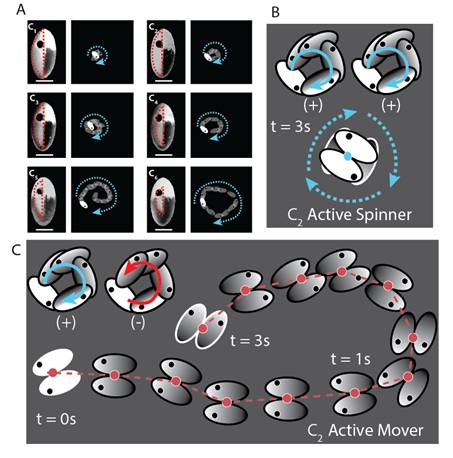New research from the University of Bath in the UK has highlighted a concerning link between excessive optimism and lower cognitive abilities, revealing potential downsides to unwavering positivity. Published in the Personality and Social Psychology Bulletin, the study indicated that high levels of optimism might lead to poorer decision-making, especially concerning financial matters.
Dr Chris Dawson, part of the University’s School of Management and lead researcher, emphasized the unexpected relationship between cognitive skills and optimism. Individuals with lower cognitive abilities tended to exhibit more self-flattering biases, leading to an excessive degree of self-delusion, whereas those with higher cognitive skills were more realistic and often leaned towards pessimism in their expectations about the future.
The study, drawing data from a survey of over 36,000 households in the UK, analyzed individuals’ financial expectations versus actual outcomes. It particularly focused on major financial decisions such as employment, investments, savings, and any choices involving risk and uncertainty.
Results demonstrated that individuals with higher cognitive abilities were 22% more likely to maintain realistic expectations and 35% less likely to harbor extreme levels of optimism about their future financial status.
Dr Dawson highlighted the prevalence of unrealistic optimism in human behavior, indicating that people often tend to underestimate negative outcomes while overestimating positive ones. This tendency, deeply ingrained in cultural beliefs, challenges the conventional wisdom around the value of perpetual positive thinking.
The research underscored the importance of revisiting the concept of ‘positive thinking’ and suggested that unrealistic optimism, especially in crucial financial decisions, might lead to suboptimal outcomes. This study raises questions about the pervasive belief in unbridled positivity and its effects on decision-making processes in various aspects of life.











